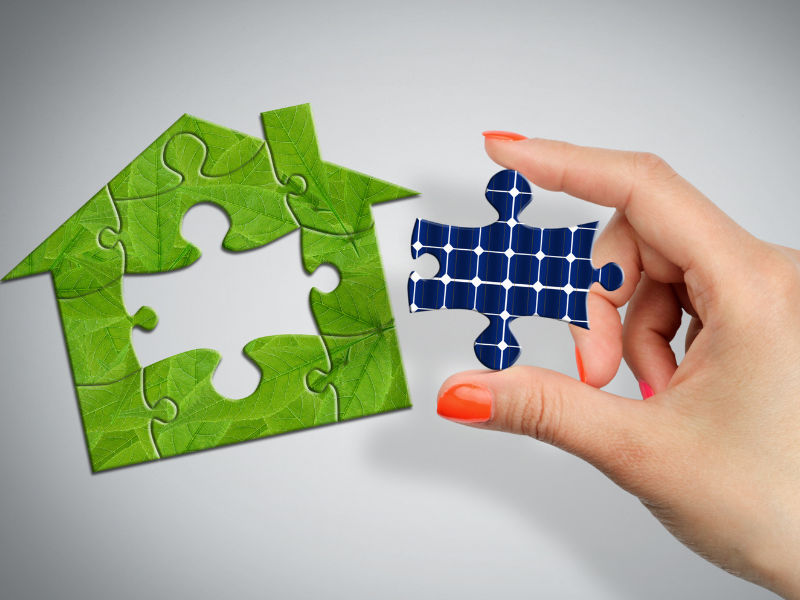Have you heard of Vale Eficiência? Find out if you can access this support that allows you to make some home improvements.
Would you like to change the windows in your house for more efficient ones or even install solar panels? In the second phase of Vale Eficiência, the program includes tenants and beneficiaries can receive up to three vouchers and can also count on technical and administrative support, according to DECO Proteste.
“Eligible beneficiaries can receive a maximum of three vouchers worth 1,300 euros plus VAT each. The number of vouchers to be received depends on the types of intervention selected and the budgets collected from suppliers,” explains the consumer protection organization.
Who can apply for this support?
The vouchers are awarded to economically vulnerable families and those in a situation of potential energy poverty, explains the organization, pointing out that, to be eligible, the applicant must simultaneously meet the following conditions:
be a beneficiary of the social electricity tariff (TSEE) or a beneficiary of support for the purchase of bottled liquefied petroleum gas (Bilha Solidária program);
you are the owner, usufruct or tenant and permanently resident in the dwelling for which you are applying to the program.If you are not a beneficiary of the social electricity tariff, you can still apply, as long as you have a household member who is a beneficiary of one of the following minimum social benefits:
solidarity supplement for the elderly;
social insertion income;
social disability pension from the special disability protection scheme;
supplement to the social benefit for inclusion;
old age social pension;
or unemployment benefit.“The support only applies to applicants from mainland Portugal. Homes in the autonomous regions of Madeira and the Azores are excluded,” concludes DECO Proteste.
What interventions are included?
Replacement of non-efficient windows with efficient windows, with a minimum energy class of 'A', and external solar protection;
Space heating and/or cooling and domestic hot water systems that use energy from renewable sources, class 'A' or higher: heat pumps; high-efficiency biomass boilers and stoves; and solar thermal systems;
Photovoltaic systems and other renewable energy production equipment for self-consumption with or without storage.
